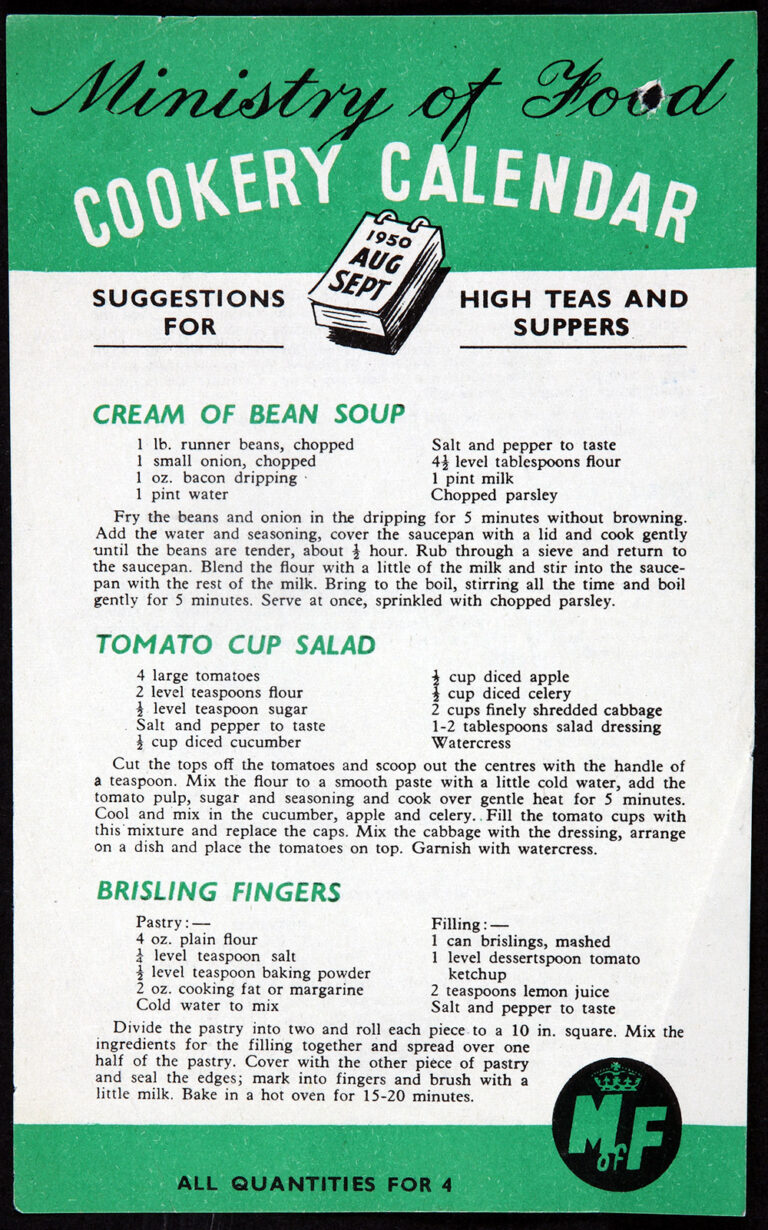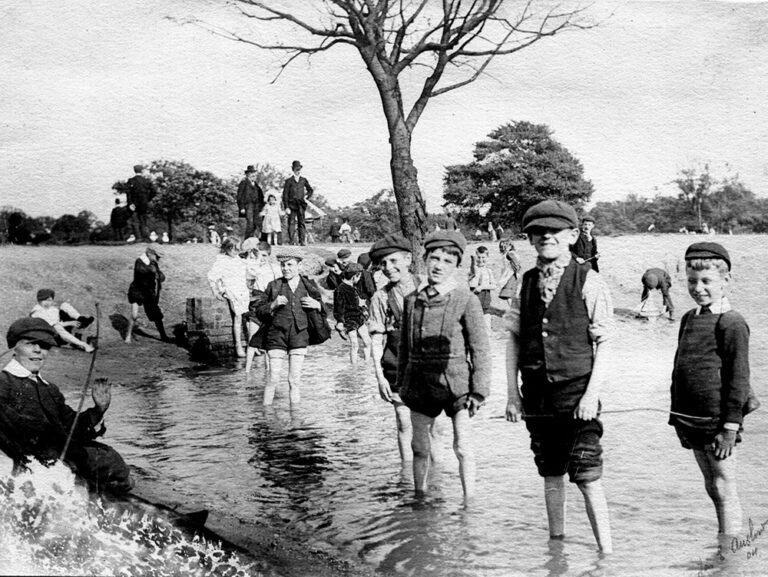What happens when you set out to run one project but then have to make significant changes and run everything online?
Tooting fork
Last October, we set out to work with Artistic Director Louise Pendry at Bounce Theatre and a group of teenagers in Tooting, West London. Our original intention was to deliver a climate-themed project, inspired by records held at The National Archives, to encourage a creative response with art and performance. We planned for the culmination of the young people’s work to be showcased on Earth Day, April 2021, in empty spaces around Tooting … but as restrictions changed, so too did our plans!
By November, the group meetings had moved entirely online. Sessions with the young people were hosted via Zoom and they took an active role in steering the changing direction. Using the same selection of documents originally chosen for the Earth Day project, the young people focused on the Ministry of Food records created during the Second World War. The Ministry of Food (the second to be established) was set up in 1939, and its main role was to ensure that everyone could obtain food supplies at sensible prices. It advised the public on cooking available food stuffs and published recipe and instruction leaflets, from how to make escalloped tomatoes to lemon crisps!

Taking inspiration from these documents, the young people created their own podcasts, in which they discussed, explored and documented Tooting and its food heritage by interviewing local people and small businesses. These podcasts reflected the young people’s changing relationship with food during lockdown (for many of us, mealtimes became the really significant moments of the day!), and also gathered support from the Tooting Market and the local traders, who were feeling the impact of the pandemic on their businesses. Louise also comments that one of the most noticeable things across the podcasts is that ‘the young people started to connect food to their own sense of heritage and identity’.
In the spring of 2021, this evolved into Wind-down-Wednesday, as the young people took the spirit of the Ministry of Food documents, but turned the sessions into recipe sharing, collective cooking and poetry. As Louise said, ‘This style of conversation naturally opened up discussion and built digital friendships amongst the young people. They started to chat as teenagers about everyday life and about coping with lockdown … The workshops generated a sense of friendship, solidarity and togetherness in tough times – which, in its own way, echoed the spirit of the Ministry of Food documents and war posters’.
Tooting tales
Over the autumn, some of the other archive documents were also used in wonderful and creative ways by Bounce Theatre and their partners. One of the documents highlighting Tooting was used as a starting point to interview around 20 older people about their memories of Tooting. From this grew ‘digital coffee mornings’, bringing together older people who were feeling isolated by the impact of the pandemic and subsequent lockdowns. Participants shared their own memories and photographs of growing up and living in Tooting. Bounce curated these into a Facebook group to share with a wider audience and each week, special ‘guest’ speakers joined the sessions.
Furzedown Primary School responded to the project by illustrating the older people’s tales with artwork and the class pupils met the older people online, so they could ask questions about their memories and lives in Tooting.

Wonderland
January 2021 brought a further lockdown and meant that the remainder of the project now needed to be delivered online. The archive documents were used with groups of primary school children at a time when many were being home-schooled and were missing their peers.
Bounce ran a series of online workshops using urban artists, dance and drama teachers, all inspired by documents from the collection. From ‘Keep Calm and Carry On’ dance classes, to ‘Wastepaper is still vital’ art classes and ‘What’s in your Wardrobe’ drama classes, children were introduced to archive documents as the inspiration for creative fun activities, during a difficult and challenging time. As one parent commented: ‘You have really helped us at this challenging time and inspired the children to have a go at things that they might not usually have the confidence for.’
Working with Bounce Theatre in such a creative way, and knowing that these projects helped those involved – children, young and old people alike – to manage some of the challenges of the past year and to cope with isolation better has definitely been one of the main successes for us. The culmination of all this wonderful work by participants will be published very soon in an online booklet.
Before I end, I’d like to leave Louise with nearly the last word. Louise says: ‘The project has changed my perception of how to interact with archive material. I think initially I always saw a relationship about interpretation and animation of archives. However, the work has encouraged me to see how to make an emotional connection to material and look for what they say about the human spirit.’
And finally to close on this comment from one of the young people who took part in Wind-down-Wednesdays: ‘I’ve missed human conversation.’